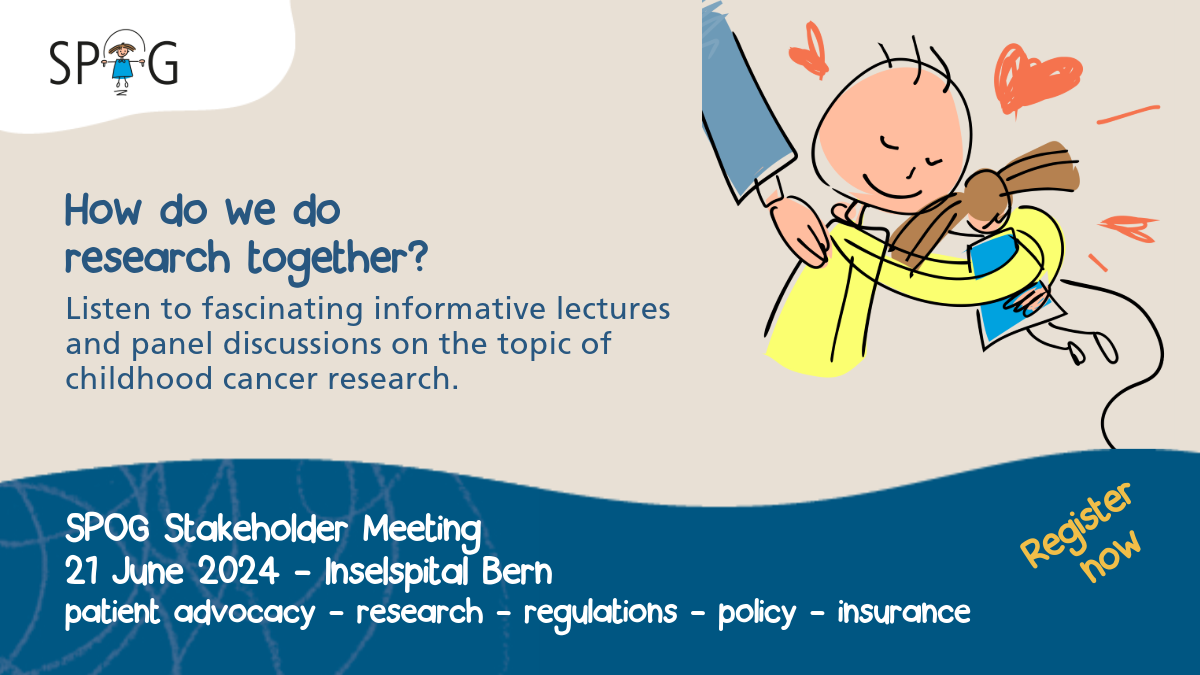Non-Hodgkin lymphoma (NHL) is the fourth most common type of cancer in childhood and adolescence. Lymphoblastic lymphomas (LBL) are the second most common subtype of non-Hodgkin lymphoma. LBL are cancers in which certain white blood cells, known as lymphocytes, turn into cancer cells and are no longer able to perform their function in the immune system. Without treatment, these malignant cells can multiply in an uncontrolled fashion, thus creating a life-threatening situation.
The current standard treatment of LBL, consisting of a combination of different chemotherapy medications, has remained largely unchanged over the past two decades. For this type of therapy, significantly high rates of acute side effects and long-term complications of treatment must be accepted. The LBL can also recur. The second-line therapy of a recurrence is very difficult.
SPOG anticipates that, in total, around 25 children and adolescents with LBL in Switzerland will be able to participate in this study during a recruitment phase of 5 years and 3 months.
The principal aims of the LBL 2018 treatment optimisation study are to improve cure rates and prevent relapse – particularly relating to the brain and spinal cord (central nervous system). Certain factors are crucial for assessing the risk posed by an LBL. These risk factors may include greater spread of the LBL or the type of lymphocytes that the LBL originated from. Analysing the specific genetic characteristics of the lymphoma cells can help to identify patients with a higher risk of recurrence. For such patients, the study will investigate whether the risk of recurrence can be reduced through further treatment (intensification of therapy).
The study also aims to examine whether, in addition to the known genetic risk factors, there may be further genetic factors that could be useful for assessing the risk posed by an LBL.
The University Hospital Münster in Germany is responsible for the international implementation of the study (sponsor). The Swiss Paediatric Oncology Group (SPOG) is responsible for performing the study in Switzerland (sponsor’s representative).
In short
- The study is investigating the treatment for children and adolescents with lymphoblastic lymphoma.
- The study is needed to compare various treatment modifications with the currently existing treatment.
- The findings from the study should improve the recovery rates of future patients and prevent the occurrence of relapses.




